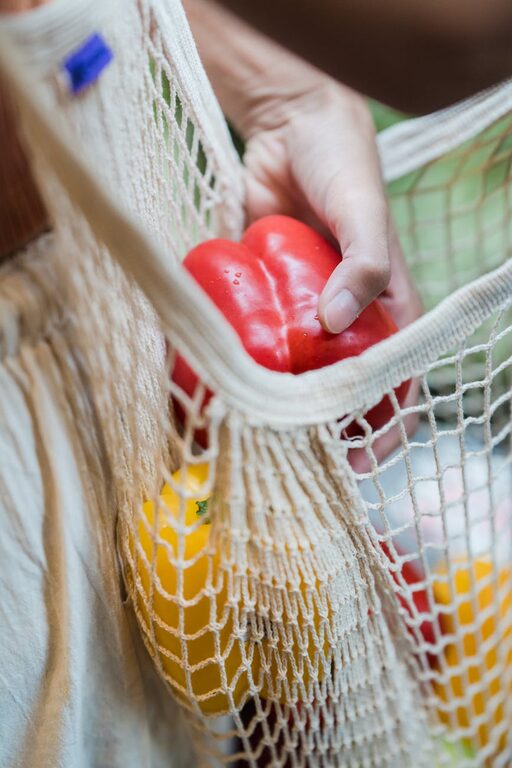Simple and Effective Ways to Reduce Food Waste at Home

Reducing food waste at home is a smart way to save money, minimize environmental impact, and make the most of your groceries. According to recent estimates, about one-third of all food produced globally ends up wasted, which contributes to unnecessary resource use and greenhouse gas emissions. The good news is that with a few mindful habits and simple strategies, you can significantly cut down the food your household discards.
In this post, we’ll explore practical and easy-to-implement ways to reduce food waste in your home kitchen.
Understand Why Food Goes to Waste
Before jumping into solutions, it helps to understand common reasons why food is wasted at home:
– Buying more than needed due to poor planning
– Forgetting about leftovers or perishable items
– Improper storage that leads to spoilage
– Cooking too much and discarding extras
– Confusion over expiration dates and food safety
Once you recognize the causes, you can tailor your approach to address them effectively.
Plan Your Meals Ahead
Create a Weekly Meal Plan
Planning meals in advance ensures you buy only what’s needed. Write a simple list for breakfast, lunch, dinner, and snacks, factoring in ingredients you already have. This way you avoid impulse purchases that may go unused.
Make a Detailed Grocery List
Use your meal plan to make a grocery list categorized by type: produce, dairy, pantry staples, and so on. Stick to the list when shopping to resist unnecessary items.
Shop Smartly
– Buy Loose Produce: Buying fruits and vegetables loose rather than pre-packaged lets you select the quantity you need.
– Avoid Bulk When Not Needed: Larger portions can be cost-effective but may lead to waste if not consumed.
– Check Dates and Condition: Choose fresher items and understand expiration labels (e.g., “best by” vs. “use by”).
Improve Food Storage Techniques
Proper storage can greatly extend the life of your groceries.
– Use Airtight Containers: Keep cut fruits, vegetables, and leftovers sealed to prevent drying out or odors.
– Organize Your Fridge and Pantry: Place older items at the front so they are used before newer ones.
– Store Produce Correctly: Some fruits and veggies last longer in the fridge, others at room temperature. For example, keep tomatoes out of the fridge but leaf lettuce inside it.
– Use Clear Containers: Seeing what you have makes it less likely you’ll forget items.
Practice Portion Control
Cooking or serving the right amount of food prevents leftovers from piling up and eventually being thrown away.
– Use Smaller Plates: This encourages smaller portions.
– Measure Ingredients: Follow recipes closely or weigh servings especially for staples like rice or pasta.
– Save Leftovers Immediately: Store uneaten food while it’s still fresh to enjoy later.
Get Creative with Leftovers
Leftovers don’t have to be boring or wasted. They can inspire new dishes.
Repurpose Leftover Ingredients
Transform yesterday’s dinner into a new meal. For example:
– Roast chicken can be shredded into salads, wraps, or soups.
– Stale bread can become croutons or bread pudding.
– Overripe fruits make great smoothies or baked goods.
Batch Cooking and Freezing
Cooking in bulk and freezing portions can help manage time and food waste. Label containers with dates, and use older items first.
Understand Food Labeling
Labels like “best before,” “sell by,” and “use by” can be confusing and lead to unnecessary waste.
– “Best Before” refers to peak quality rather than safety. Food is often safe after this date.
– “Use By” indicates the last date for safety; avoid consuming after this date.
– When in doubt, check food appearance, smell, and texture.
Compost Food Scraps
Not all waste can be avoided, but composting food scraps keeps them out of landfills and enriches your garden soil.
– Start a Kitchen Compost Bin: Collect fruit and vegetable peels, coffee grounds, eggshells.
– Avoid Composting Meat or Dairy: These can attract pests and take longer to break down.
– Use Backyard or Community Compost Programs: Many areas offer compost drop-offs.
Involve the Whole Household
Encourage everyone in your home to participate in reducing food waste. Teach kids about portion sizes and creative uses for leftovers. Share the goals and benefits to create a waste-conscious culture.
Final Thoughts
Reducing food waste doesn’t require drastic lifestyle changes—small, consistent steps add up. By planning meals, shopping thoughtfully, storing food properly, managing portions, and getting creative with leftovers, you can lower your household’s food waste, save money, and support a healthier planet.
Give some of these tips a try this week and notice the difference it makes in your kitchen!
